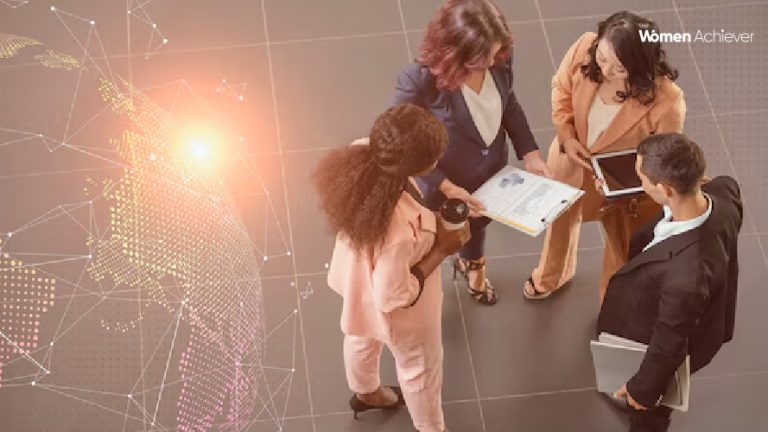Here’s about From Code to Leadership: Women Revolutionizing the Tech Industry
As we celebrate Women’s Month, we are learning increasingly about how women are transforming the world of technology-from computer code to boardrooms-with vision, courage, and compassion.
From Unlikely Beginnings to Cybertrailblazers
Marie Arnold fell into technology. She was a career journalist working for Sanlam Fintech’s inaugural digital platform. The motivation triggered change-she moved into digital innovation and fit comfortably into product ownership. “Tech found me,” she explains her transformation as being driven by inner vision and curiosity, which swept her from reporting to designing digital products.
Likewise, Phumla Mabashe also started with a preference for physics and maths at secondary school level. She was encouraged into doing information technology by her mentor, and now she works as a QA engineer for long-term insurance-a job which she terms as problem-solving passion.
Mentorship: Building Bridges to Opportunity
Arnold and Mabashe both emphasize the strength of mentorship. What they experience demonstrates the strength of role models as well as mentorship not only opening doors but making later generations of women in the tech industry more resilient and self-assured.
Leadership Rooted in Empathy
What sets leaders such as Marie and Phumla apart is the way they align professional ability and human potential. Their superpower is empathy-one not utilized as a weakness, but rather to make better decisions, create better teams, and design better solutions. It’s a style of leadership that aligns technical ability with emotional ability.
Trends That Matter: Women Leading Global Tech Change
This power duo is part of an even broader wave of women around the world taking over leadership, shaking up, and redefining the tone in tech:
Though women are grossly underrepresented in tech-more and more 25–35% worldwide-they are reaching the executive suite and starting companies. But venture capital going to women-founded companies amounts to just about 2%, which says something about structural systemic limitations.
In the Global South, women entrepreneurship ventures such as Laboratoria in Latin America and Soronko Academy in West Africa are preparing thousands of women graduates to contribute to the tech industry through bootcamps and mentorship with high employment and scalable social impact.
Collectives and identity-based affiliation networks-Latinas in Tech, Tech By Her, Girls Who Code, and Black Girls Code-create safe spaces, sponsorship, and advocacy for women who face intersectional barriers to their careers.
Challenges and Strategies for Support
Challenges Faced by Women:
Overcoming the “prove-it-again” bias and imposter syndrome.
Thin visibility, access to developmental opportunities, and biased compensation.
Work/life conflict, particularly for mothers or caregivers-a “maternal wall” that blocks advancement.
Success Strategies:
Mentoring & sponsorship: Get your career jump-started sooner with support from senior sponsor and peer networks.
Community building: Associations such as Women Who Code, Tech Ladies, Rewriting the Code, and many more provide education, mentoring, and networking.
Strength of empathy-based leadership: Leaders such as Arnold and Mabashe demonstrate how soft skills-listening, empathy, vision-can be a strength for high-stakes decision-making.
Advocacy & self-promotion: Negotiate compensation, claim value, and argue on behalf of stretch work during performance appraisals and project assignments.
A Future Led by Women
The women’s journey from humble beginnings to leadership positions is inspiring. From QA and coding to product management and strategic leadership, they say a story of adjustment, perseverance, and creativity. Yet, for successful change, success at the individual level has to be accompanied by change at the system level.
Conclusion: “From Code to Leadership” is not a career path- it’s a movement. People like Marie Arnold and Phumla Mabashe are what can be achieved when coaching, grit, empathy, and courage are practiced on personal journeys and even on sectors.
Their stories-and all women’s stories everywhere-lighting the way ahead: action-driven, people-centered, and passion-guided. Women no longer sitting on the sidelines during this age of technology shattering ordinary time-they’re coding software. And not just that, they’re setting the tech standard.






Add comment